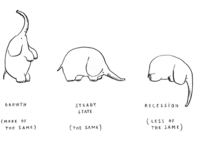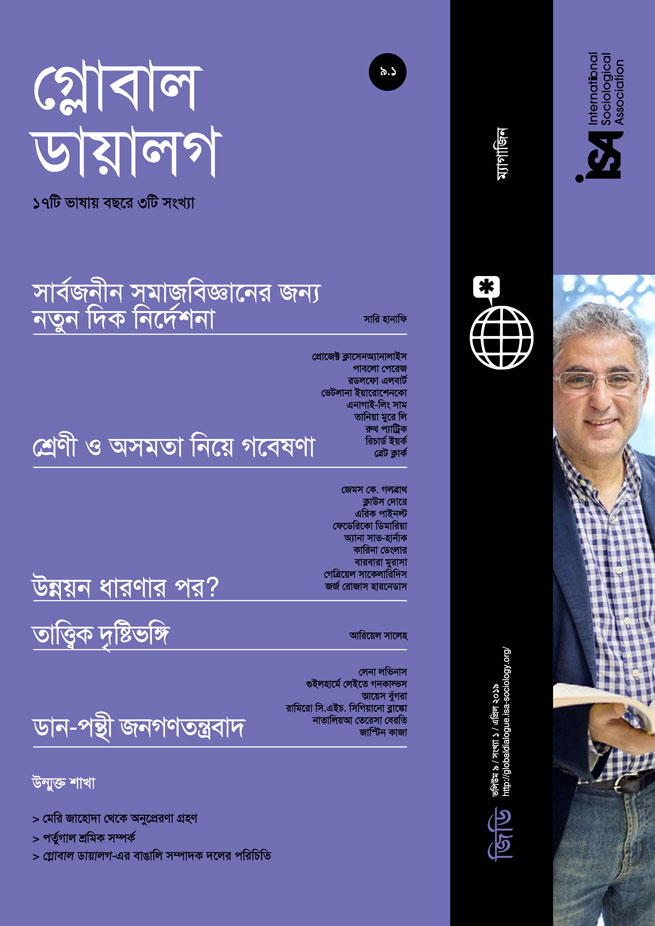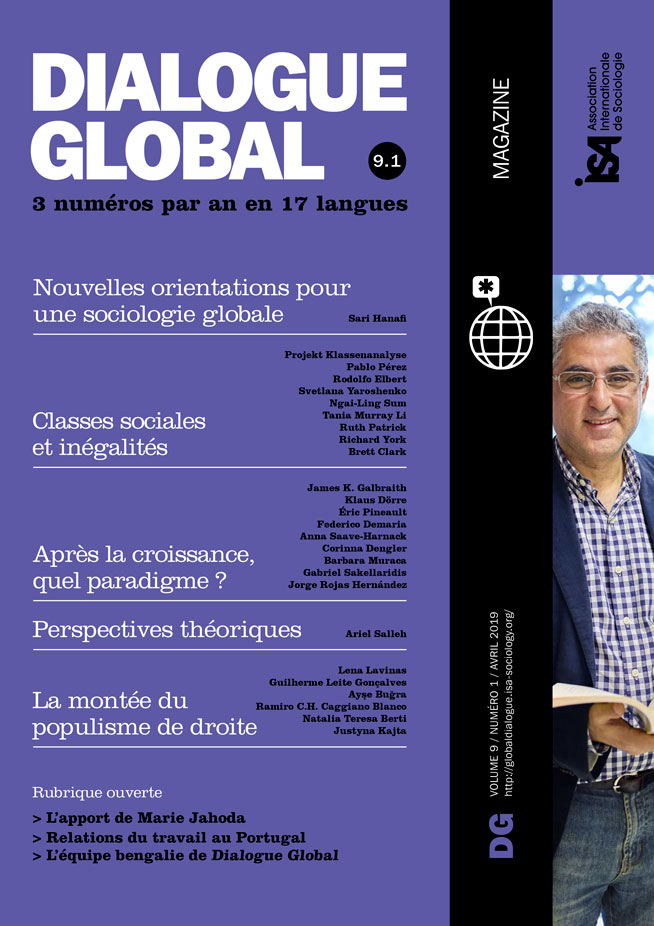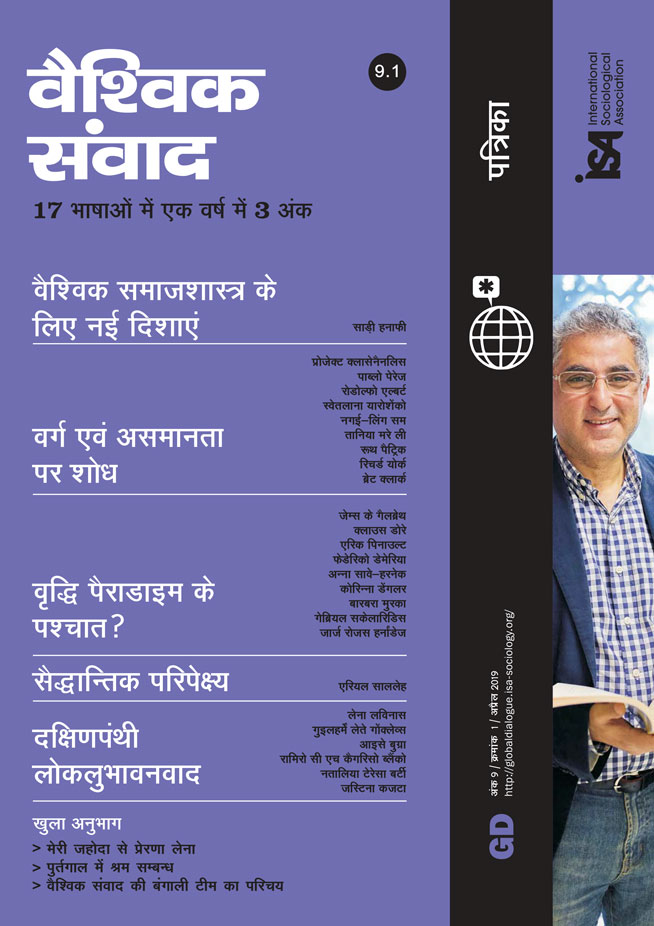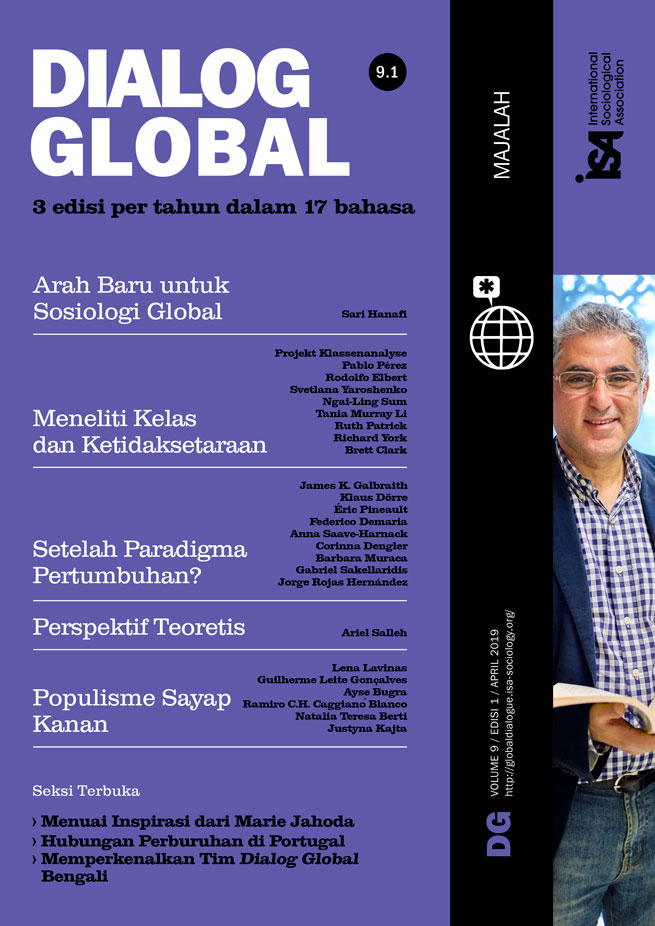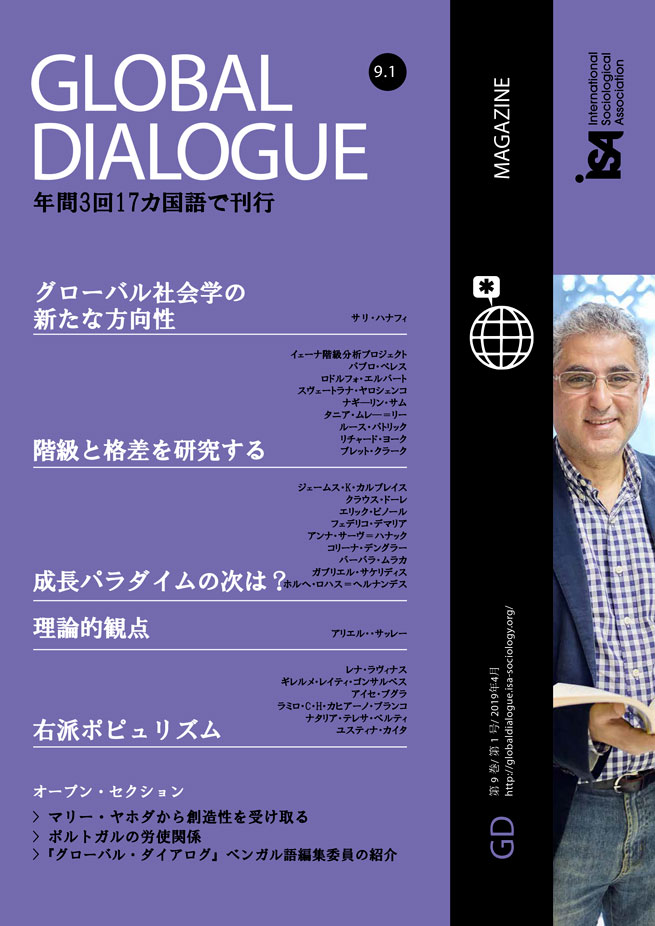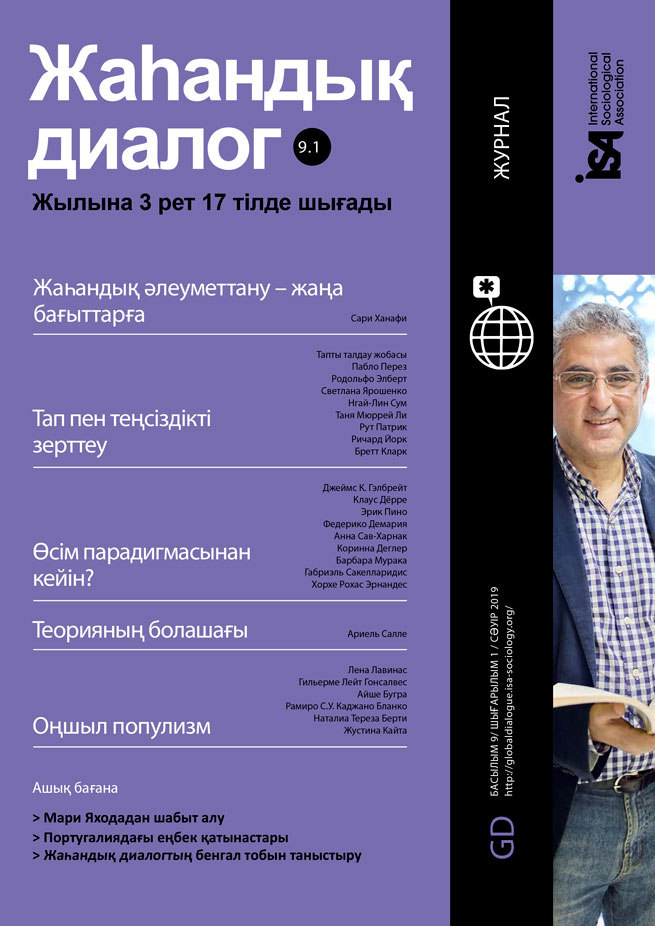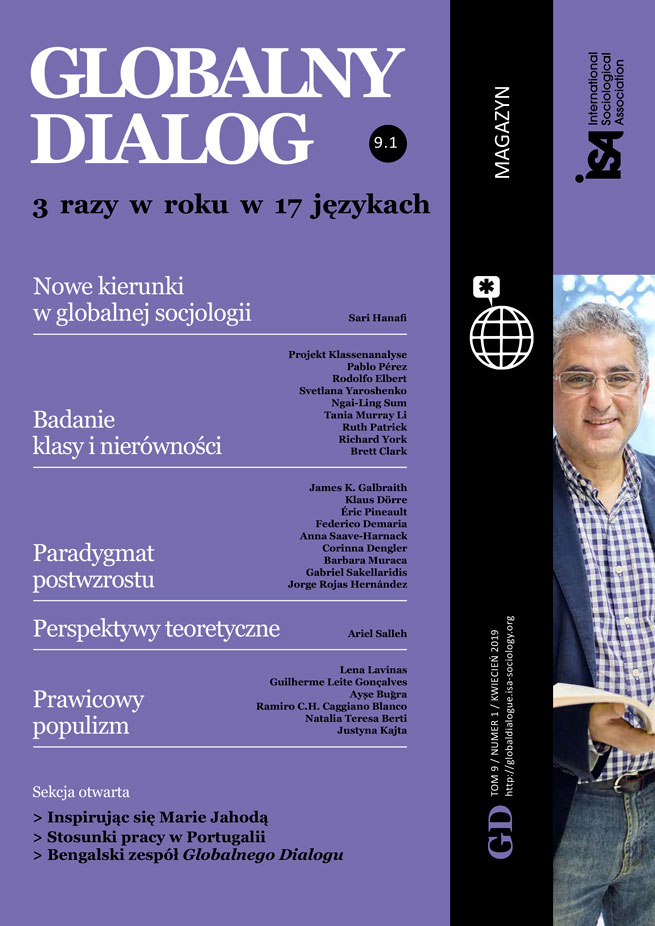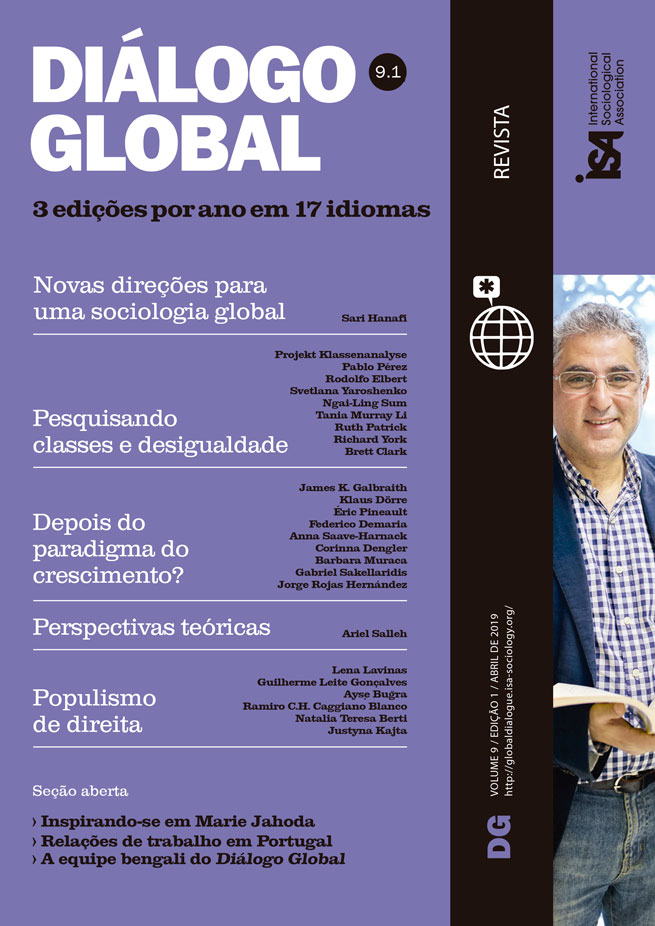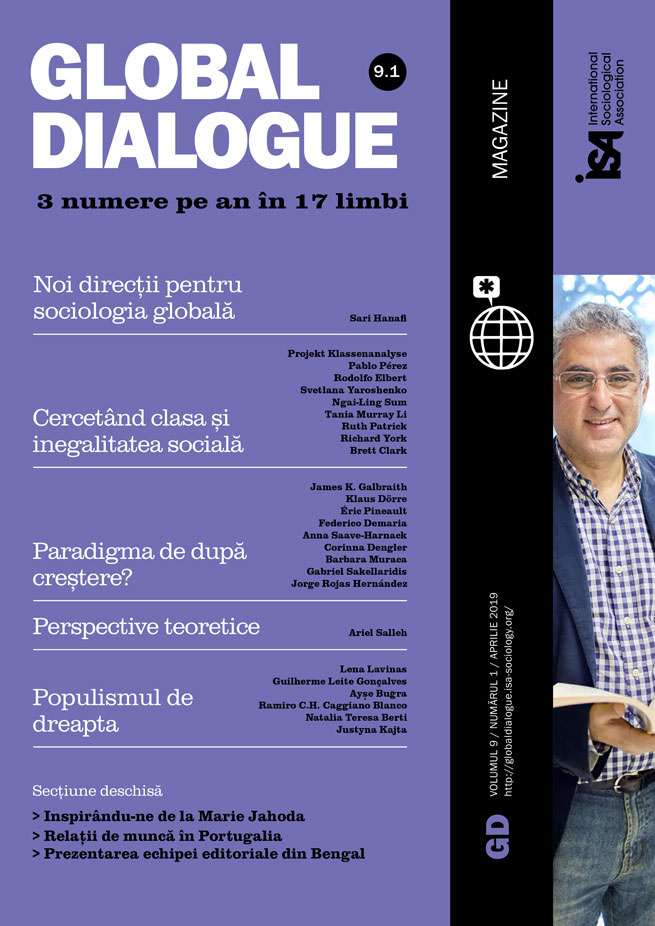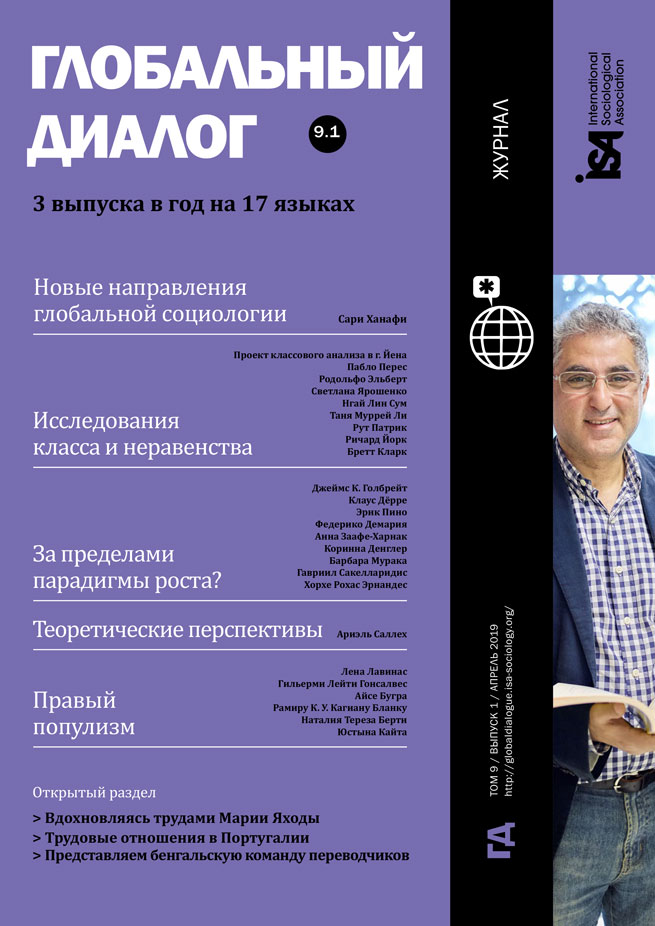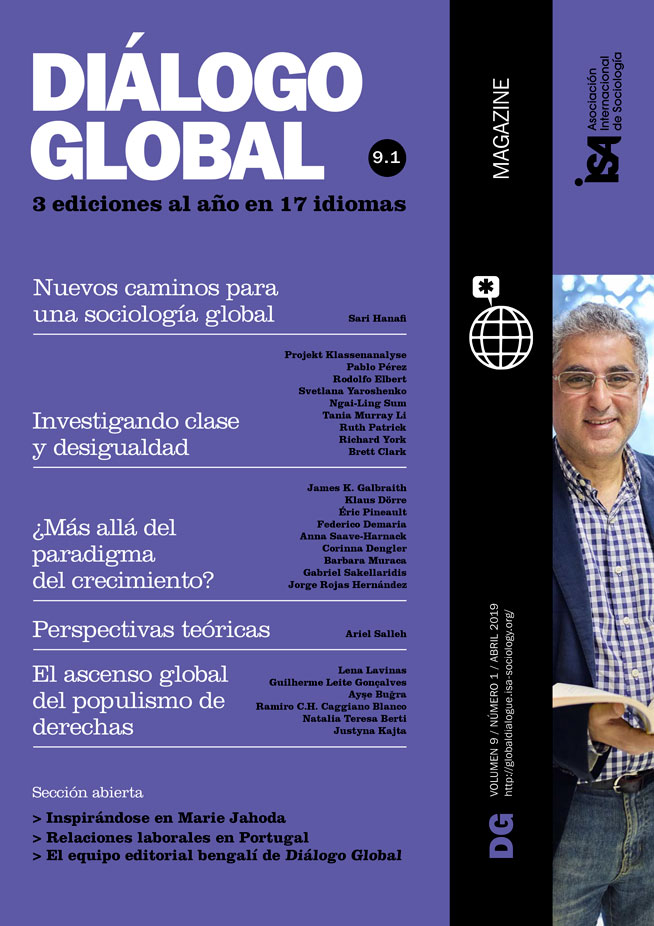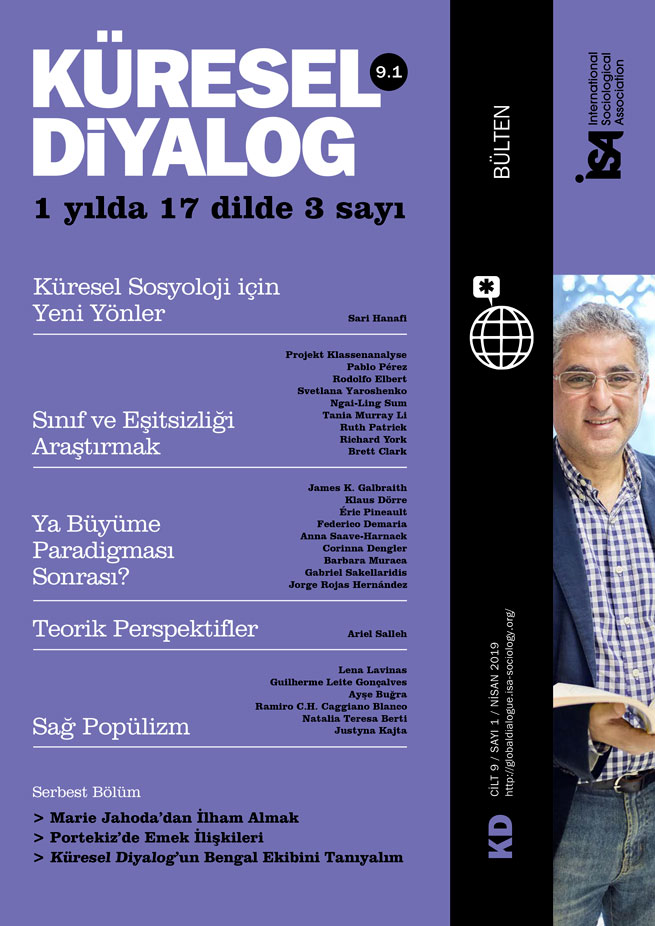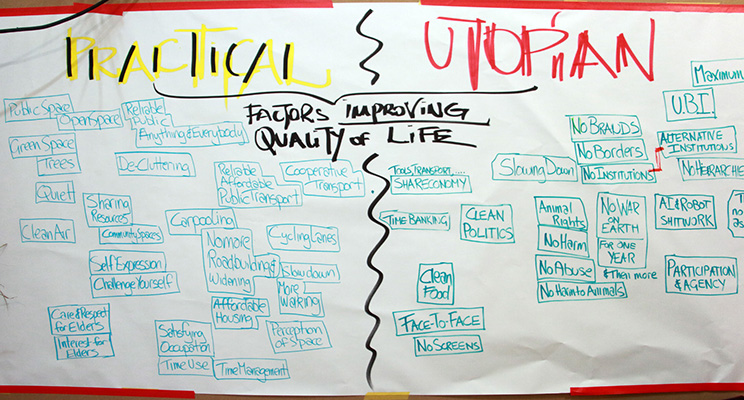In its relatively short history, Chile has undergone various economic, social, cultural, and political regimes. Some governments promised reforms or revolutions, but in doing so caused ever deeper conflicts. The Frente Popular government, a center-left alliance, took over in 1938 but did not last long. In 1964, Eduardo Frei Montalva won the presidential election as the candidate of the Christian Democratic Party. His government program, a“Third Way” as an alternative to socialism and capitalism, was characterized by structural reforms and a strong politicization of society. The most important goal was an agrarian reform.
From 1970 to 1973, Salvador Allende was in power, heading the well-known popular government of the Unidad Popular, an alliance of socialists, communists, and other small leftist parties. He nationalized the main economic sectors (banking, agriculture, copper mining, and major industries). Allende’s government was the result of the “Long March” through the Chilean state apparatus to gain more equality and justice for the working class and other poorer social strata of society. As well as a paradigm of progress, his reforms were part of the emancipatory political conception of the sixties. Unfortunately, in 1973 this experiment in democratic socialism ended dramatically with a military coup.
Together with neoliberal economists, the military dictatorship then implemented a radical policy of privatization. Their intention was not just to change the economic model, but to transform Chilean society and to develop a new social and cultural model: a neoliberal and market-oriented society, a depoliticized and individualized society, principally consumer-oriented, in which growth and competition were established as the “justified” means for individual progress and happiness. The state was to increasingly withdraw from the economy and its social functions. This paradigm continued during the democratization process of the 1990s.
This policy of privatization and individualization necessarily led to a loss of meaning and fears for the future among broad sections of the Chilean population. As a result, protest and civil movements such as the 2006 protest of the “Penguins,” a student movement demanding better public education, came into existence. This was followed in 2011 by a massive student movement demanding free university education. Both movements left their mark on subsequent government programs. These processes of change are difficult and slow, but ultimately they have had positive political and societal impacts.
At the beginning of the 21st century, the current models of development seeking to explain today’s social-ecological, climatic, and institutional crises seem to be definitively exhausted. But still, in industrial societies, an instrumental rationality dominates, that separates human activity - decidedly productive in the Global North and extractive in regions of the Global South - from nature, resulting in profound changes in ecosystems, the climate, and social life. And newly launched neoliberal ideologies of progress and growth, fueled by aspirations for modernization and the new paradigm of globalization, are now crossing the ecological boundaries and socially acceptable limits of planet Earth. This development does not stop at Chile’s borders. Today we are far from an ecologically and socially responsible and sustainable social system.
The changes introduced violently by the coup in Chile are being experienced in many countries today in the form of slow but steady neoliberal processes of change linked to globalization. The Chilean neoliberal model of the 1980s showed us very early that the externalization of production leads to a more flexible working environment and the formation of a new precariat. Globalization processes work in a similar way today. Added to that is the impact of the new technological revolution (4.0) that has just begun, with its projected enormous loss of jobs all over the world. Environmental crises and climate change are also forcing us to think about how work will be affected by environmental damage and increasing disasters caused by climate change. All these factors result in social disintegration and new inequalities. As a result, citizens’ dissatisfaction is growing. This lack of social inclusion, visible in many countries, currently threatens established democracies and individual and civil rights, and can ultimately contribute to the destruction of societies. But social and environmental movements in many parts of the world - including Chile and across Latin America - are being established, demanding not only solutions to concrete problems but more citizen-friendly reforms for a better future.
Do the crisis of neoliberalism and the current growth model lead to the emergence of new post-growth models? The worrying right-wing populist tendencies observed in several countries seem to point in a different direction. They form an opposing force to the already initiated socio-ecological and liberal transformation processes. But it could well happen that the current social and environmental movements that emerged as a response to the current crises as well as in opposition to right-wing populist policies will grow stronger and be consolidated. For example, in the last presidential and parliamentary elections in Chile, a new left-wing alliance participated, the Frente Amplio. In less than two years of existence, it recorded 20% of the vote and is now represented in parliament. In contrast to the traditional left, this group embodies new conceptions of politics, society, and nature.
However, other interesting phenomena are also currently emerging: Chile today is one of the leading countries in the development of new alternative forms of business, the so-called “Empresas B” (“B corporations” or “benefit corporations”), which are launched by a young start-up generation with high social and ecological awareness. Their market share is constantly increasing. By now, throughout Latin America, adapted international certification models take into account factors such as environmental and social sustainability, innovation potential and the quality of work in a company. This new dynamism leads to the emergence of new working cultures and lifestyles.
By the end of 2017, there were 450 certified “Empresas B” across Latin America, 130 of them in Chile. They are part of a new Global Movement B and a Sistema B of business models based on social-ecological ethics. Their efficiency can be assessed by indicators such as public welfare, a sustainable way of dealing with existing ecosystems, a commitment to recycling and bio-economy as well as to new forms of cooperation. In this way, national Sistemas B are formed and the so-called Academia B supports them with scientific research. Chile is currently promoting this development through programs of the Ministry of Economy, Development, and Tourism’s Production Development Corporation (CORFO) and others, with the goal of training people and creating skilled jobs.
At the end of 2018, more than 1,000 people from 30 countries participated in the First World Meeting of Movement B in Puerto Montt, Puerto Varas, and Frutillar in southern Chile. These kinds of initiatives are the result of the cultural and political changes of the past decades. Today’s younger generation appreciates above all values such as independence, freedom, grassroots democracy, creativity and initiative, respect, tolerance, solidarity, and ecological awareness.
It is to be hoped that these new, sustainable approaches that can be observed in Chile will continue to gain political backing and will be reflected in future government programs and political constellations.
Jorge Rojas Hernández, Universidad de Concepción, Chile <jrojas@udec.cl>

